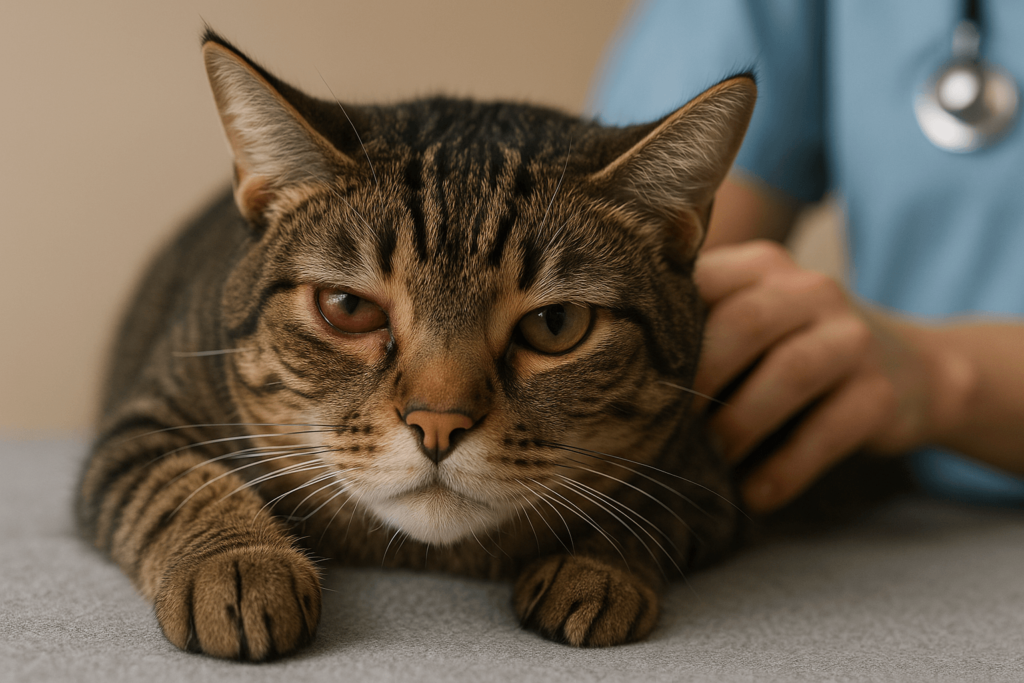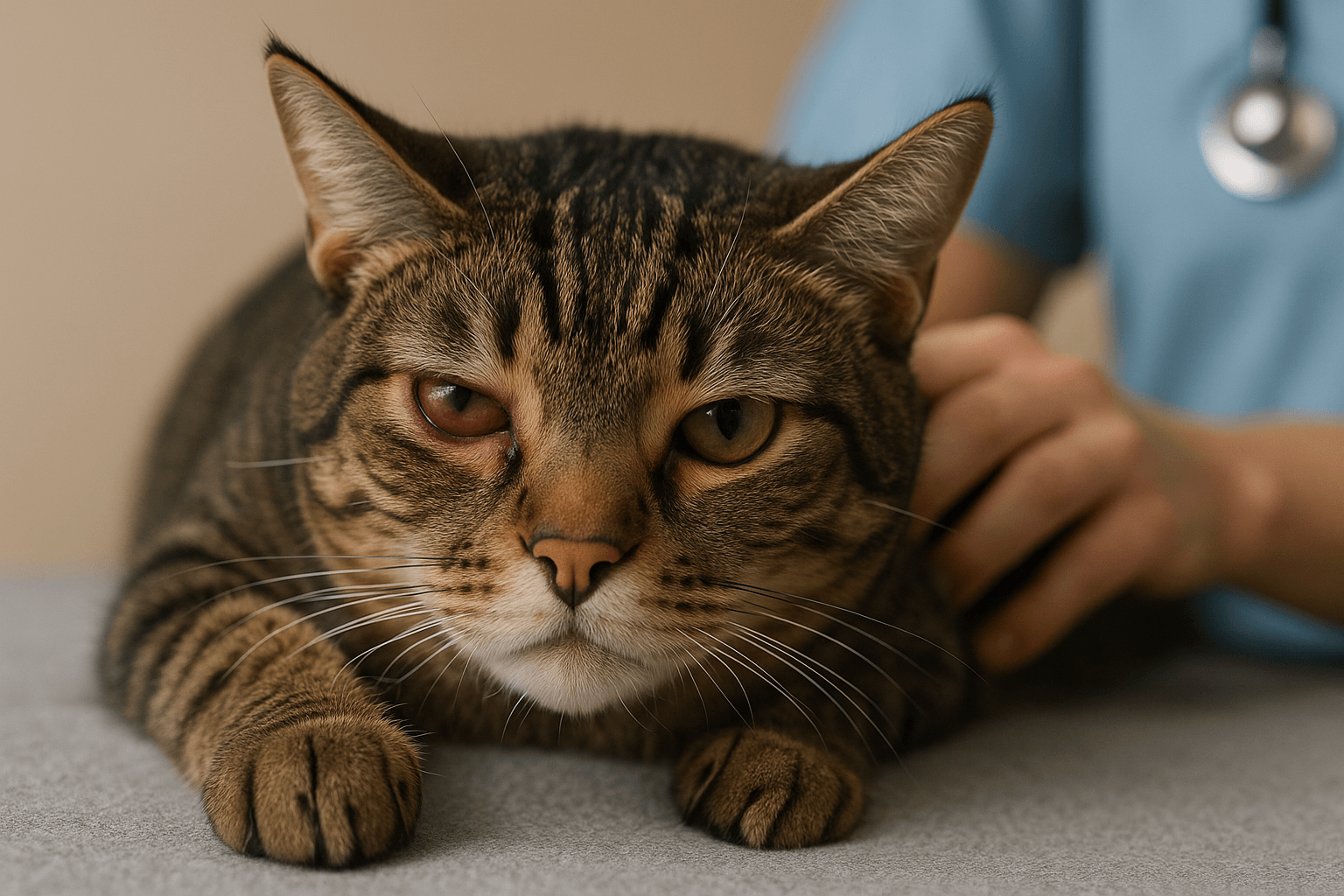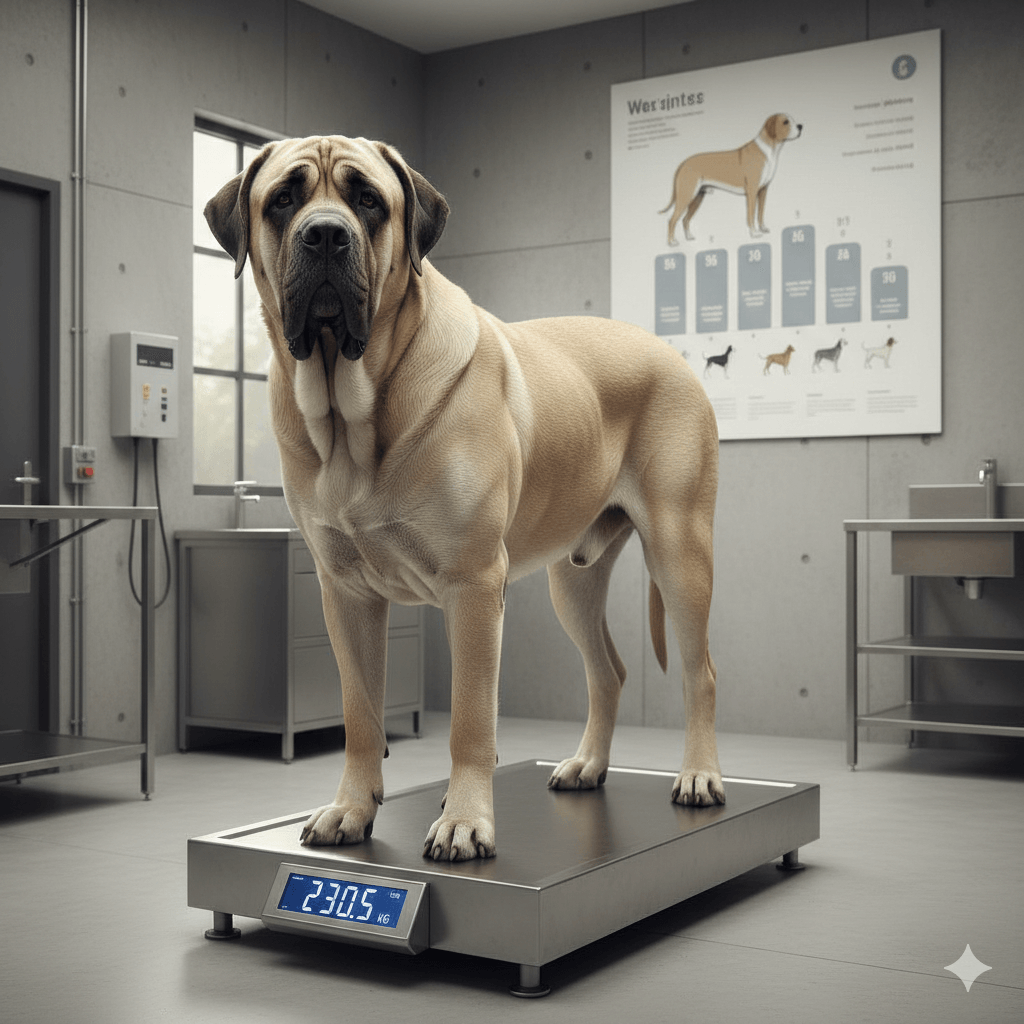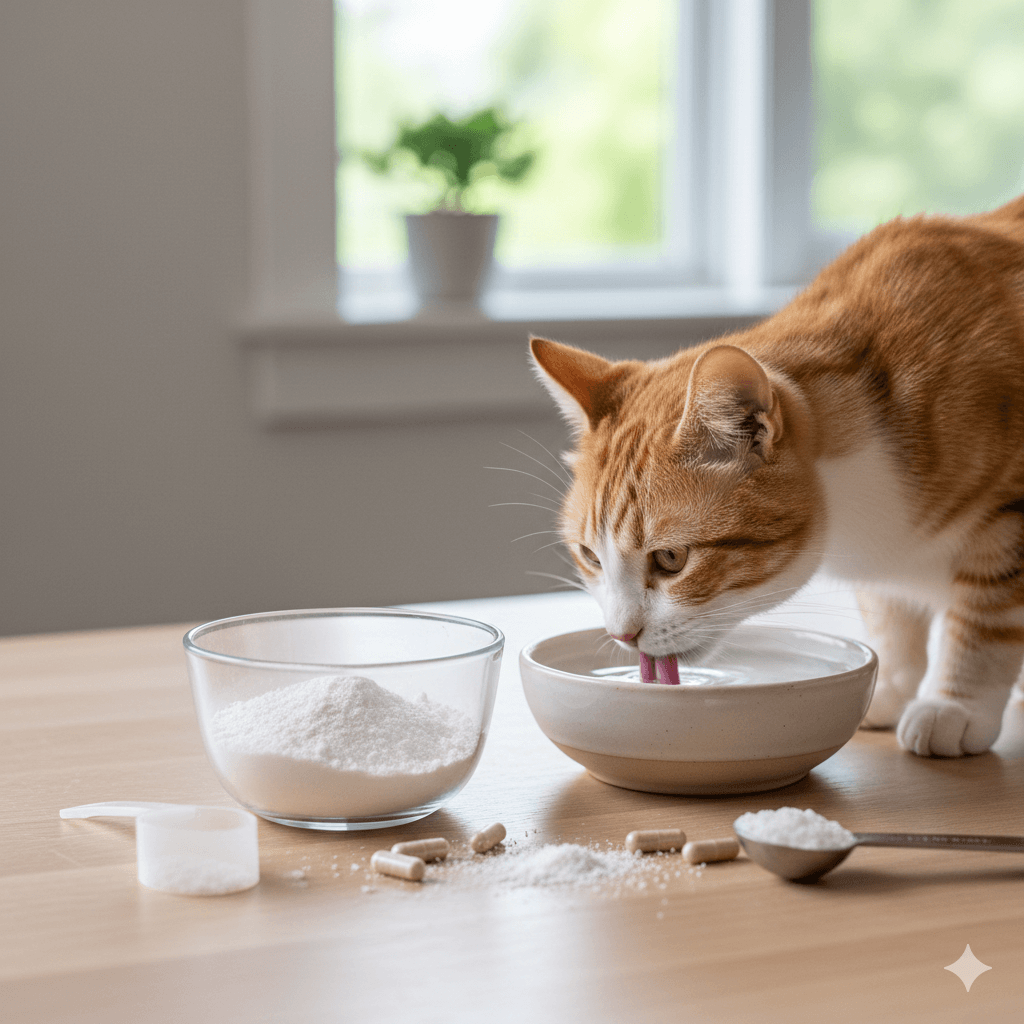Cat Rabies Vaccination Side Effects: What Every Owner Needs to Know
Rabies is a deadly virus — and vaccination is your cat’s strongest defense. But while the rabies vaccine is essential for safety and legal compliance, many owners worry about potential side effects. Is your cat’s lethargy normal? Should you panic over a small lump at the injection site? Understanding the full spectrum of possible reactions — from mild and common to rare and serious — empowers you to respond wisely, not fearfully. This guide breaks down every known side effect of cat rabies vaccination, explains why they occur, and gives you clear, actionable steps to ensure your cat’s well-being before, during, and after vaccination.
Common, Mild Side Effects of Rabies Vaccination in Cats
Most cats experience only minor, temporary reactions after receiving the rabies vaccine. These are normal signs your cat’s immune system is responding as it should — and they typically resolve within 24 to 48 hours.
Lethargy or Sleepiness:
Your cat may seem unusually tired, curl up more than usual, or avoid play. This is the body’s natural energy-conservation response to immune activation.Reduced Appetite:
A temporary loss of interest in food is common. Offer favorite treats or warm wet food to encourage eating, but don’t force it.Mild Fever:
A slight increase in body temperature (up to 103°F) helps fight the vaccine’s simulated threat. Monitor with a pet thermometer if you’re concerned.Soreness at the Injection Site:
A small, firm lump or tenderness under the skin where the shot was given is normal. It usually fades within a week.Mild Swelling or Redness:
Localized inflammation around the injection area is a typical immune response and rarely requires intervention.
These mild reactions are not signs of illness — they’re signs of protection. Your cat’s body is learning to recognize rabies, and that process requires energy. With rest, quiet, and gentle care, most cats bounce back quickly.

Less Common but Still Normal Reactions
While less frequent, some cats exhibit more noticeable — yet still non-emergency — responses to the rabies vaccine. These are not allergic reactions, but extended immune responses that require observation, not alarm.
Temporary Gastrointestinal Upset:
Some cats may experience mild diarrhea or vomiting within 24 hours. Offer small, bland meals and fresh water — avoid treats or new foods.Decreased Grooming Behavior:
Your cat may skip their usual grooming routine due to discomfort or fatigue. Don’t force it — give them space and time to recover.Mild Sneezing or Nasal Discharge:
If your cat received an intranasal rabies vaccine (rare in cats), mild respiratory signs can occur. Nasal vaccines are uncommon for felines, so this is rare.Temporary Irritability or Hiding:
Cats may become more withdrawn or hiss when approached. This is stress-related, not pain-related — let them initiate contact.Slight Weight Loss (Under 5%):
A small, short-term dip in weight is normal if appetite is reduced. If it persists beyond 72 hours, consult your vet.
These reactions, while more noticeable, are still part of the body’s controlled immune response. They do not indicate vaccine failure or systemic illness. Patience and gentle monitoring are your best tools.
Check this guide 👉Can Cats Get Rabies from Mice? Best 7 Expert Tips!
Check this guide 👉How Often Do Cats Need Rabies Shots? Best 7 Health Tips!
Check this guide 👉How Much Does a Rabies Shot for a Cat Cost? Best 7 Tips!
| Reaction Type | What to Expect |
|---|---|
| Mild Lethargy | Increased sleep, reduced activity, lasts 1–2 days. |
| Injection Site Lump | Small, firm swelling under skin; resolves in 7–14 days. |
| Temporary Loss of Appetite | Eats less for 24–48 hours; resume normal diet gradually. |
| Mild Fever | Temperature up to 103°F; monitor, don’t medicate unless directed. |
| Localized Swelling | Redness or warmth at injection site; normal inflammation. |
Rare but Serious Side Effects to Watch For
While the vast majority of cats tolerate the rabies vaccine without issue, a small percentage may experience rare, potentially serious reactions. These require immediate veterinary attention.
Anaphylaxis:
A sudden, life-threatening allergic reaction. Symptoms include vomiting, diarrhea, difficulty breathing, swelling of the face or throat, and collapse. Occurs within minutes to hours.Injection Site Sarcoma (Feline Vaccination-Associated Sarcoma):
A rare, aggressive cancer that can develop at the injection site months or years later. Risk is estimated at 1 in 1,000 to 1 in 10,000 cats.Persistent Lethargy Beyond 48 Hours:
If your cat remains inactive, unresponsive, or refuses food or water past two days, this may indicate a deeper issue.High Fever (Above 104°F):
A prolonged or very high fever suggests the immune system is overreacting or an infection has developed.Seizures or Neurological Signs:
Extreme cases may include tremors, disorientation, or seizures. These are exceptionally rare and require emergency care.
These events are uncommon — but knowing the signs can save your cat’s life. Never assume “it’s just the vaccine.” When in doubt, err on the side of caution and contact your veterinarian immediately.
What Causes Rabies Vaccine Side Effects in Cats?
Understanding the why behind side effects helps reduce fear and improve decision-making. The rabies vaccine is not a toxin — it’s a carefully calibrated biological signal.
Immune System Activation:
The vaccine introduces a harmless piece of the rabies virus, prompting your cat’s immune system to create antibodies. This process triggers inflammation and fatigue.Adjuvants in the Vaccine:
Some rabies vaccines contain adjuvants — substances added to boost immune response. These can cause localized swelling or irritation in sensitive cats.Genetic Predisposition:
Certain cats, particularly those with autoimmune tendencies, may react more strongly. Purebreds and cats with prior vaccine reactions are at slightly higher risk.Stress During Vaccination:
A visit to the clinic, handling, and injections can elevate stress hormones, which may amplify physical reactions.Timing and Health Status:
Vaccinating a sick, stressed, or immunocompromised cat increases the chance of adverse reactions. Always vaccinate when your cat is healthy.
The vaccine is designed to be safe — but safety doesn’t mean zero reaction. It means reactions are predictable, manageable, and vastly outweighed by the protection it provides.
How to Minimize the Risk of Side Effects
You can’t eliminate all risk — but you can significantly reduce the likelihood and severity of reactions with smart preparation.
Schedule Vaccinations When Your Cat Is Healthy:
Avoid vaccinating if your cat has an infection, fever, diarrhea, or is recovering from surgery.Choose a Low-Adjuvant or Non-Adjuvanted Vaccine:
Ask your vet about 1-year or 3-year recombinant rabies vaccines, which are less likely to cause inflammation.Use the Lowest Effective Dose:
Vaccines are dosed by weight category, not size. Ensure your vet uses the correct dosage for your cat’s actual weight.Avoid Multiple Vaccines at Once:
Space out rabies and other vaccines (like FVRCP) by 2–4 weeks to isolate any reaction and reduce immune overload.Monitor Closely for 72 Hours Post-Vaccination:
Keep your cat indoors, quiet, and comfortable. Check for swelling, appetite, and energy levels daily.
Prevention isn’t about avoiding vaccines — it’s about administering them wisely. A thoughtful approach reduces risk without compromising protection.
When to Call the Veterinarian After Rabies Vaccination
Not every side effect needs a vet visit — but knowing when to act can make all the difference.
Swelling at Injection Site Grows Larger Than a Golf Ball:
Persistent or expanding lumps beyond 14 days require evaluation to rule out sarcoma.Vomiting or Diarrhea Lasts More Than 24 Hours:
Prolonged GI upset can lead to dehydration, especially in kittens or seniors.Difficulty Breathing or Swollen Face/Lips:
Signs of anaphylaxis demand emergency care — even if symptoms seem to improve.Refusal to Eat or Drink for Over 48 Hours:
Cats can develop hepatic lipidosis (fatty liver disease) if they stop eating for too long.Any Neurological Symptoms:
Tremors, circling, loss of balance, or seizures are medical emergencies — don’t wait.
Trust your instincts. If something feels “off,” it probably is. Your vet is there to help — not to judge.
Long-Term Monitoring After Rabies Vaccination
The protection from rabies lasts years — but so can the need for vigilance. Long-term monitoring is part of responsible pet ownership.
Check the Injection Site Monthly for 6 Months:
Feel for new lumps, hardness, or changes in texture. Report anything unusual.Keep a Vaccination Log:
Record date, vaccine type, lot number, and any reactions. This helps your vet identify patterns.Avoid Over-Vaccination:
Follow your vet’s protocol — 1-year or 3-year boosters based on local law and your cat’s lifestyle.Watch for Behavioral Changes:
Chronic anxiety, hiding, or aggression after vaccination may indicate a negative association. Rebuild trust with positive experiences.Update Your Pet’s Microchip Info:
Ensure your contact details are current. In case of emergency, quick identification saves time and stress.
Long-term care begins the moment the needle is withdrawn. Your ongoing attention is the final layer of protection.
Frequently Asked Questions About Cat Rabies Vaccination Side Effects
Is it normal for my cat to cry after getting the rabies shot?
Yes. A brief vocalization during or right after the injection is common due to discomfort or surprise. It should stop within minutes.
Can the rabies vaccine cause seizures in cats?
Extremely rarely. Seizures are not a typical side effect. If they occur, seek emergency care immediately — they may indicate an underlying neurological condition triggered by stress.
How long does a lump from the rabies shot last?
A small, firm lump is normal and usually disappears in 1–2 weeks. If it grows, becomes warm, or persists beyond 3 weeks, have it checked.
Should I give my cat pain medication after vaccination?
Never give human medications like ibuprofen or acetaminophen — they are toxic to cats. Only use vet-prescribed pain relief if necessary.
Can my cat get rabies from the vaccine?
Absolutely not. Rabies vaccines contain inactivated (killed) virus or recombinant proteins — they cannot cause rabies.
Protecting Your Cat Without Fear
Rabies vaccination is not a gamble — it’s a lifeline. The side effects, while real, are overwhelmingly mild, temporary, and far less dangerous than the disease itself. Your cat’s immune system is designed to handle this. Your job is to support it — with calm observation, smart choices, and compassionate care. Don’t let fear of side effects blind you to the greater threat: rabies has no cure. But with a simple injection, it has a powerful defense.
By understanding the full picture — the common, the rare, and the urgent — you become not just a pet owner, but a protector. Your cat trusts you to make the right call. Now, you’re equipped to do just that.
Cat Wheat Allergies: Best 7 Expert Tips! – Discover symptoms, dietary solutions, and prevention strategies to manage your cat’s wheat allergy effectively.
Wheat Allergies in Dogs: Best 7 Expert Tips! – Learn to spot symptoms, manage diets, and improve your dog’s health with expert advice on wheat allergies.
How Much Does a Mastiff Dog Weigh? Best 7 Expert Tips! – Discover the ideal weight range, growth patterns, and health tips to keep your Mastiff happy and strong.
Amino Acids for Cats: Best 7 Expert Tips! – Discover the essential amino acids your cat needs, their benefits, and how to ensure a balanced diet for optimal health.





